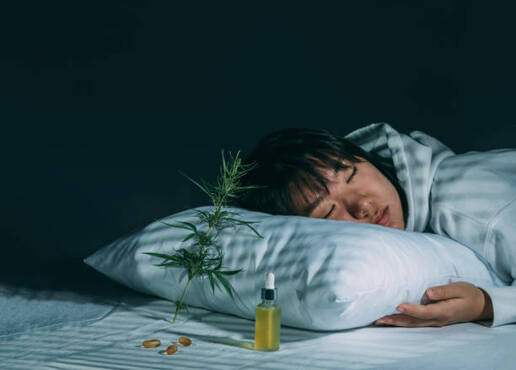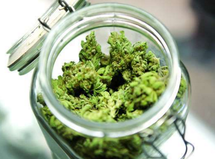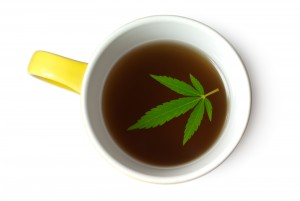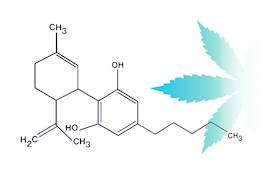|
A night of bad sleep can worsen mood and decrease your energy. Sleep deficiency is linked to chronic health problems, including heart disease, kidney disease, high blood pressure, diabetes, stroke, obesity, and depression. Adults require at least seven hours of sleep. According to the CDC, more than a third of adults in the United States report getting less than the recommended seven hours.
In 2020, a Department of Health and Human Services study found about 8 percent of adults reported that they regularly took sleep medication to help them fall or stay asleep. Poor sleep is particularly a problem in the elderly population where more than fifty percent are diagnosed with insomnia. Studies suggest that people are smoking, vaping, or ingesting Cannabis to help with their sleep. One survey of more than 27,000 Cannabis users, published in 2022, cited that nearly half used Cannabis for sleep. But, it’s tricky to explain exactly how Cannabis helps with sleep. The studies that have been done are limited, and their results are often mixed. For example, some studies show that low doses of THC can promote sleep, whereas high doses can worsen sleep. The inverse has been shown with CBD, where high doses can improve sleep and low doses may be stimulating. CBN, an oxidative by-product of THC, is less studied than either THC or CBD, but also is reported to improve sleep. A shout-out to Dr. Shimon Lecht, the Chief Innovative Officer at Day Three Labs, who recently presented his work at the MJBiz Emerald Conference in San Diego. Dr. Lecht’s studies demonstrate that a combination of THC, CBD, and CBN improved sleep better than either of the compounds alone. The effect of all three compounds depends on dosage and timing. Dr. Lecht’s work highlights that multi-agent pharmacology is important when considering the effects of botanicals. Sleepiness can also be influenced by how you take Cannabis. Dr. Ashima Sahni, a sleep specialist at University of Illinois College of Medicine points out that ingesting pills, gummies, or other edibles will take longer to effect sleep but last longer, whereas inhaling has a faster onset of action but shorter duration of action. There is also evidence that Cannabis might be indirectly improving sleep by alleviating anxiety or chronic pain. Cannabis appears to increase the time you spend in deep sleep, the stage of sleep that helps you wake up feeling refreshed. However, THC decreases the amount of time you spend in rapid eye movement (REM) sleep, when you spend more time dreaming, processing emotions, and cementing new memories. Decreasing REM sleep may have some benefits for people with PTSD, since nightmares are a common and disturbing symptom. A study on women with PTSD found that those with more severe PTSD symptoms and poor sleep were more likely to use cannabis to help them cope. So, what should you consider when using Cannabis for sleep? People seem most satisfied when using Cannabis for sleep, but not every day. There is some indication that chronic Cannabis use may decrease total sleep time and increase the time it takes to fall asleep. Discussing dosage, timing, and interaction with other pharmaceuticals is an important step when using Cannabis for sleep. Also, whether you use pharmaceutical or herbal medicine, good sleep habits are important. Turn the TV off, read a book, don’t snack at night, and find additional ways to address stress or anxiety. |
AuthorJean Talleyrand, M.D., Archives
September 2023
Categories |
Mailing Address: MediCann 1336 Willard Street, C • San Francisco, CA 94117
Important Disclaimer!
The information contained in this site does not intend to replace any medical advice or care by a trained physician.
Any use of this information is solely the the responsibility of the user.
Important Disclaimer!
The information contained in this site does not intend to replace any medical advice or care by a trained physician.
Any use of this information is solely the the responsibility of the user.
© COPYRIGHT 2015. ALL RIGHTS RESERVED.


 RSS Feed
RSS Feed


